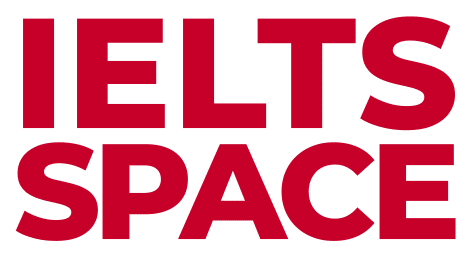If you’re a non-native English speaker from South Asia, preparing for the IELTS (International English Language Testing System) exam is an important step towards your academic or professional aspirations. But is IELTS hard for non-native speakers? How long should you prepare for the exam as a native English speaker? How can you prepare for the speaking section alone? And how can you improve your English-speaking skills as a non-native? In this article, we will explore these questions and provide you with five essential practice tips to help you crush the IELTS exam.
Set Realistic Goals
When preparing for the IELTS exam, it’s crucial to set realistic goals. Understand the band score requirements for your desired academic institution or immigration program, and work towards achieving those scores. Break down your goals into smaller, achievable targets to keep yourself motivated and focused.
Start Early
If you’re wondering how long to prepare for the IELTS exam as a native English speaker, it’s important to remember that the test measures your proficiency in academic English. Even if you’re fluent in the language, familiarize yourself with the exam format and practice specific skills to improve your performance. Give yourself enough time to study and practice all the sections of the exam.
Create a Structured Learning Plan
A structured learning plan is essential for effective IELTS preparation. Divide your study time into specific sections, such as reading, writing, listening, and speaking. Allocate dedicated hours to each section and incorporate a variety of study materials, such as practice tests, sample questions, and study guides.
Practice Regularly
Consistency is key when preparing for the IELTS exam. Practice regularly to build your skills and improve your performance. Set aside dedicated time each day for practice and focus on areas where you feel less confident. Use authentic resources and materials to expose yourself to the English language in various contexts.
Engage in Conversations
Improving your English-speaking skills as a non-native requires active participation in conversations. Find language exchange partners or join English-speaking groups to practice speaking and listening. Engage in discussions on various topics, express your opinions, and focus on fluency and accuracy.
FAQs
Is IELTS hard for non-native speakers?
IELTS can be challenging for non-native speakers, especially if English is not their first language. However, with dedicated practice and preparation, it is possible to achieve a high score in the exam. Consistent practice, exposure to the English language, and familiarizing yourself with the exam format can greatly improve your chances of success.
How long to prepare for IELTS as a native English speaker?
Even as a native English speaker, it is recommended to allocate sufficient time for IELTS preparation. While you may be fluent in English, the IELTS exam assesses your proficiency in academic English. It is important to familiarize yourself with the exam format, practice specific skills, and work on areas where you may need improvement. Give yourself at least several weeks to a few months to prepare adequately.
How can I prepare for IELTS speaking alone?
Preparing for the IELTS speaking section alone can be challenging, but it is possible with the right approach. Utilize online resources and practice speaking exercises that simulate the actual exam. Record yourself speaking and analyze your performance. Focus on expanding your vocabulary, improving pronunciation, and practicing fluency. Engage in conversations with native English speakers or language exchange partners to gain confidence and receive feedback.
How can I improve my English-speaking skills as a non-native?
Improving your English-speaking skills as a non-native requires consistent practice and exposure to the language. Engage in conversations with native speakers, join English-speaking groups, and practice speaking regularly. Focus on expanding your vocabulary, mimicking native pronunciation, and actively listening to English content. Use resources such as English movies, TV shows, podcasts, and music to enhance your language skills.

